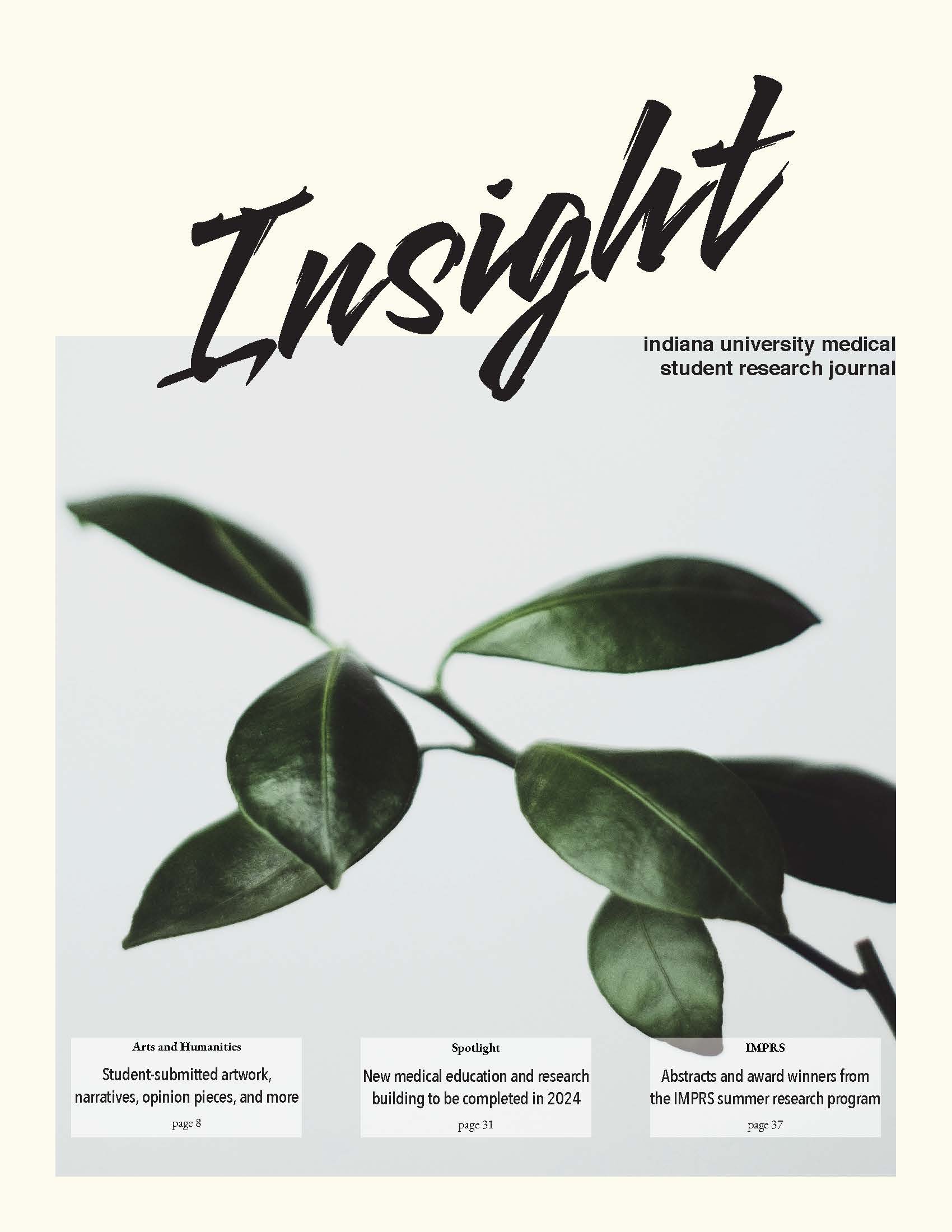Husisha: Training Peer-Counselors in Adolescent Problem-Solving Therapy in Eldoret, Kenya: Implementation, Adaptation, and Outcomes
Abstract
Background and Objective: In Kenya, youth needing mental health (MH) treatment vastly outnumber licensed mental health professionals. Task-sharing MH treatment to non-professionals has potential to reduce the treatment gap. For youth, non-professional peer counselors have the benefit of increasing engagement and reducing stigma. Problem-solving therapy (PST) is one treatment shown to alleviate MH symptoms even when delivered by non-professionals. Here we (1) evaluate the implementation of a PST training and (2) codify adaptations for PST implementation at a youth drop-in center at Family Health Options Kenya.
Experimental Design or Project Methods: A 2-week training for peer mentors was conducted. Curriculum included core counseling skills, overview of MH, and PST introduction and application.
Peer Outcomes: Mean scores from pre- and post-written exams were compared using paired t-tests. Standard role plays were evaluated using the Working with children – Assessment of Competencies Tool (WeACT). Consensus WeACT scores from pre- and post-role plays were compared using paired t-tests.
Adaptations: Feedback on cultural acceptability, language comprehensibility, and intervention flow was collected. Proposed intervention changes were coded within the Ecological Validity Model framework.
Results: Based on a written exam, mentors’ knowledge of MH conditions and core counseling skills improved after training (Pre: 10.88±4.36; Post: 15.38±2.88; p=.026). Competence in application of counseling skills evaluated with WeACT improved after training (Pre: 20.63±6.61; Post: 28±1.69). Examples of adaptations to PST include changes to address stigma for MH treatment in Kenya and redistribution of content between sessions.
Conclusion and Potential Impact: A 2-week PST training improved peers' counseling skills and ability to deliver a manualized PST treatment. Training allowed contextual, conceptual, and methodological adaptations to PST for use in a Kenyan context.
Implementing and improving lay-counselor trainings for MH interventions in Kenya has the potential to increase access to preliminary MH treatment.
Downloads
Published
Issue
Section
License
Copyright to works published in Insight is retained by the author(s).

